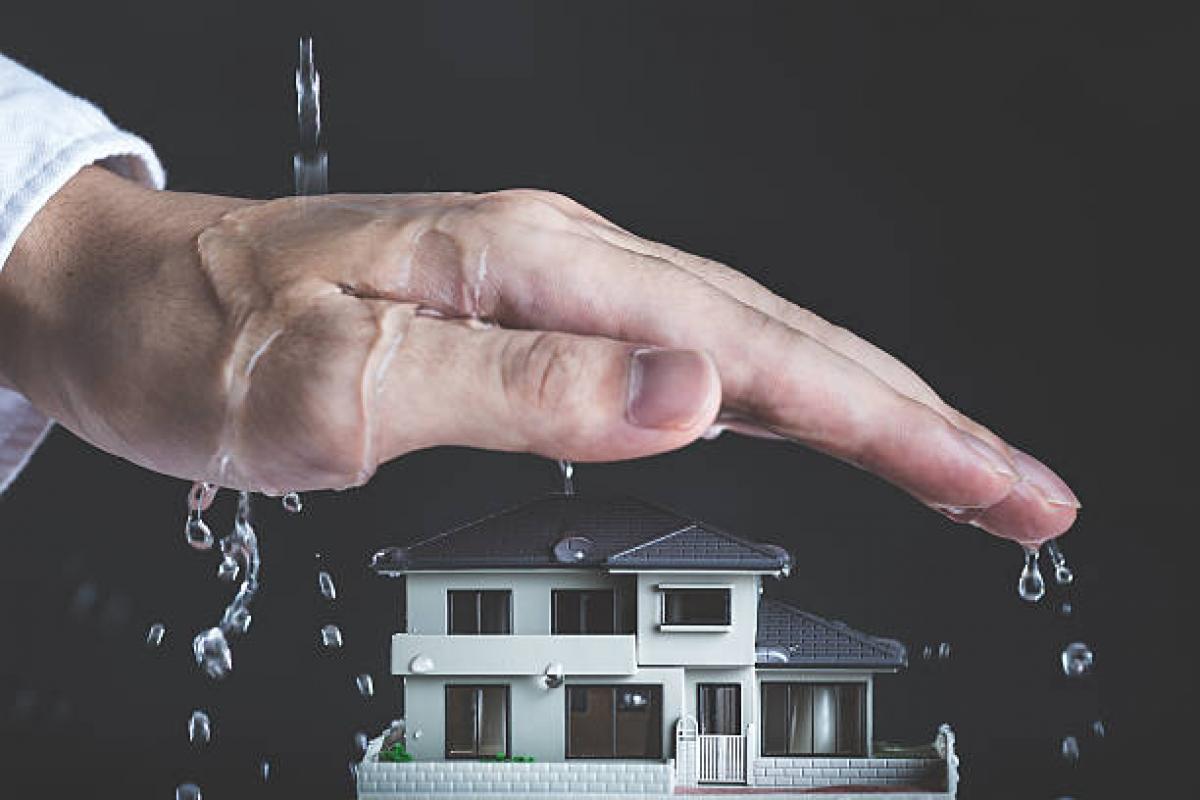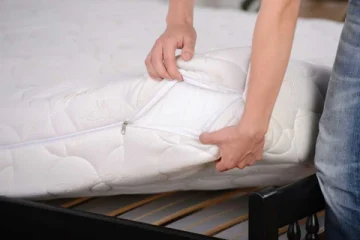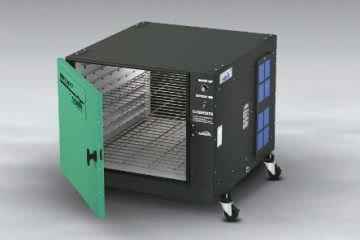Water damage can wreak havoc on your home, causing costly repairs and significant inconvenience. From leaky roofs to burst pipes, the sources of water damage are diverse and often unexpected. However, with proactive measures and careful maintenance, you can protect your home from the destructive effects of water. In this comprehensive guide, we’ll explore essential tips for drip defense to help you safeguard your home against water damage.
Regular Inspections:
Conducting regular inspections of your home is crucial for identifying potential sources of water damage. Check for signs of leaks, such as water stains on ceilings or walls, musty odors, and dampness in basements or crawl spaces. Inspect plumbing fixtures, including faucets, toilets, and pipes, for any signs of corrosion or deterioration. Addressing minor issues early can prevent them from escalating into major water damage problems.
Maintain Your Roof:
Your roof is your home’s first line of defense against the elements. Inspect your roof annually for missing or damaged shingles, deteriorated flashing, and clogged gutters, and downspouts. Clean out debris from gutters and ensure that they are securely attached to your home to prevent water from backing up and causing roof leaks. Consider hiring a professional roofer for thorough inspections and repairs to ensure the integrity of your roof.
Seal Windows and Doors:
Leaky windows and doors can allow water to infiltrate your home, especially during heavy rainstorms. Check the caulking and weatherstripping around windows and doors for cracks, gaps, or deterioration. Replace any damaged caulking or weatherstripping to create a tight seal and prevent water intrusion. Installing storm windows and doors can provide an additional layer of protection against water infiltration.
Inspect Your Plumbing System:
Plumbing leaks can occur unexpectedly and cause significant water damage if left unchecked. Inspect your plumbing system regularly for leaks, drips, or signs of water damage. Pay attention to water usage patterns, as unusually high water bills could indicate a hidden leak. Insulate exposed pipes in cold areas of your home to prevent them from freezing and bursting during winter months. Consider installing a water leak detection system that can alert you to potential leaks before they escalate.
Monitor Your Water Heater:
Your water heater is another potential source of water damage if it malfunctions or leaks. Inspect your water heater regularly for signs of corrosion, leaks, or unusual noises. Drain and flush your water heater annually to remove sediment buildup, which can cause corrosion and reduce its lifespan. Consider installing a drip pan under your water heater and connecting it to a drain to contain any leaks and prevent water damage to your home.
Protect Your Basement and Foundation:
Basements and crawl spaces are particularly vulnerable to water damage due to their proximity to the ground. Ensure that your basement or crawl space is properly waterproofed to prevent water intrusion. Install a sump pump and drainage system to remove excess water and prevent flooding during heavy rains. Inspect your foundation for cracks or signs of water seepage and repair any issues promptly to prevent structural damage.
Maintain Your Landscaping:
Proper landscaping can help prevent water from pooling around your home’s foundation and causing water damage. Ensure that the ground slopes away from your home to divert water away from the foundation. Trim back trees and shrubs to prevent roots from damaging your home’s foundation or plumbing system. Consider installing a French drain or other drainage solutions to redirect water away from vulnerable areas of your property.
Be Prepared for Emergencies:
Despite your best efforts, emergencies can still occur. Prepare an emergency kit with essential supplies, including a flashlight, batteries, bottled water, and a first aid kit. Familiarize yourself with the location of your main water shutoff valve so you can quickly turn off the water in case of a plumbing emergency. Consider investing in a backup generator to ensure that your sump pump and other essential systems continue to function during power outages.
In Conclusion
By adhering to these fundamental strategies for drip defense, you can fortify your home against water damage and uphold its worth and structural soundness over the long term. Keep in mind that proactive measures are essential, so take the initiative in identifying and resolving potential sources of water damage while upkeeping your home’s systems and structure.
Additionally, consider investing in water damage claims in Ft. Lauderdale to ensure financial protection in case of unforeseen incidents. With diligent care and attention, you can rest assured that your home is shielded against water-related threats, providing you with peace of mind for years to come.




